Evening primrose oil (EPO) is touted for a variety of potential health uses, including for acne, though stronger evidence is needed.
Derived from the seeds of the evening primrose plant, which is native to North America, EPO is a common natural remedy.
Many of EPO’s proposed effects are attributed to its gamma-linolenic acid (GLA) content — an omega-6 fatty acid present in several plant-derived oils.
Available both as oral supplements and topical formulations, EPO is used in multiple ways.
Below we summarize the possible health benefits, known side effects, interactions, and the current state of the evidence.
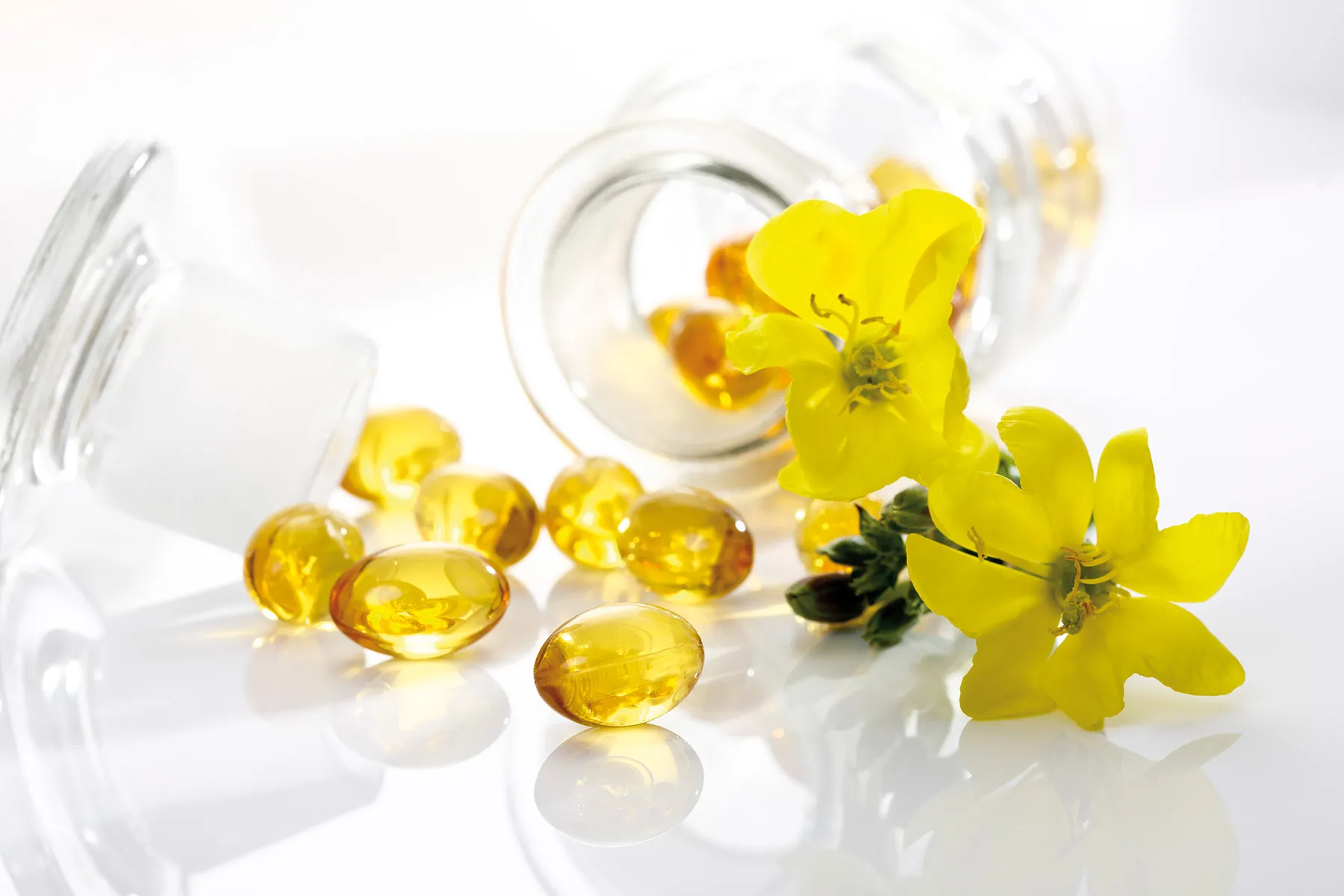
What possible health benefits does EPO offer?
There are several areas where EPO may provide benefits, but overall the evidence remains limited. Major reviews indicate insufficient proof to endorse EPO for specific medical conditions.
For most adults, short-term use of EPO appears safe, and some studies highlight promising findings in particular applications.
May help with acne
Some theories propose that the GLA in EPO can reduce skin inflammation and decrease the overproduction of skin cells that contribute to acne lesions. It may also support skin moisture retention.
One review suggested EPO could ease certain side effects associated with isotretinoin (Accutane).
May improve eczema symptoms
Certain research indicates EPO might help relieve eczema symptoms.
A review from South Korea reported that oral EPO improved the Eczema Area Severity Index (EASI) in individuals with mild eczema versus placebo.
The investigators also observed modest improvements in transepidermal water loss and skin hydration among those using EPO.
That review did not evaluate the effects of topical EPO preparations for eczema.
»Learn more:Evening Primrose Oil: The Cure for Eczema?Support overall skin health
Because the skin cannot synthesize GLA on its own, consuming GLA-rich EPO may help maintain skin structure and function.
The studies noted above also reported improvements in skin hydration for participants taking EPO.
May reduce PMS symptoms
Some research suggests EPO could alleviate premenstrual syndrome (PMS) complaints such as:
- breast tenderness
- irritability
- bloating
- acne
Investigators propose that sensitivity to prolactin may underlie PMS for some people; GLA can be converted in the body to prostaglandin E1, which might help blunt prolactin’s effects.
May ease cyclical breast pain
People sometimes try EPO for cyclical breast pain, believing GLA reduces inflammation and influences prostaglandins involved in this condition.
However, one review found EPO performed similarly to placebo when compared with topical NSAIDs, danazol, and vitamin E.
The reviewers also indicated that EPO is unlikely to produce significant adverse effects, making it a relatively low-risk option to try.
May decrease hot flashes
Some believe EPO can lessen the intensity of hot flashes associated with menopause.
A small study that relied on participant questionnaires reported fewer and less severe night sweats among menopausal individuals taking EPO.
Still, further rigorous research is required to confirm this effect.
»Learn more:Evening Primrose Oil to Treat Menopause SymptomsPossible cardiovascular effects
Some people turn to natural products like EPO to support heart health.
A review suggested EPO might have favorable effects on cholesterol in some studies, though findings were inconsistent.
More research is needed before EPO can be recommended for heart disease prevention or treatment.
Discuss heart-health strategies and risk reduction with a healthcare professional.
May help neuropathy in animal studies
Animal data indicate that fatty acids similar to linolenic acid could reduce neuropathy-related symptoms such as:
- sensitivity to heat and cold
- numbness
- tingling
- weakness
Human clinical trials are necessary to determine whether these animal findings apply to people.
Side effects and risks
Short-term use of EPO is generally considered safe for most adults, though long-term safety remains uncertain.
Reported side effects are typically mild and include:
- abdominal discomfort
- diarrhea
- nausea
Because dietary supplements are not regulated by the Food and Drug Administration (FDA) for quality, it’s important to research brands and choose products tested by third-party organizations when possible.
Using the lowest effective dose may reduce the chance of side effects.
There is insufficient evidence to confirm EPO’s safety in pregnancy or while breastfeeding.
Rarely, EPO can cause allergic reactions. Symptoms may include:
- swelling of hands and feet
- skin rash
- breathing difficulties
- wheezing
If you suspect an allergic reaction, seek immediate medical attention.
Interactions with medications
EPO can interact with several drugs.
If you are taking anticoagulant or antiplatelet medications, EPO may raise bleeding risk.
EPO might also increase blood pressure, so it should be avoided by people on certain antihypertensive treatments unless coordinated with a clinician.
Additionally, EPO may alter the effectiveness of the HIV medication lopinavir (Kaletra).
Frequently asked questions
Does evening primrose oil help with sleep?
Evidence is limited, but some people report improved sleep with EPO. It may reduce inflammation and pain that can interfere with sleep, though more research is needed.
Who should avoid evening primrose oil?
EPO can interact with several medications, so individuals on blood thinners, certain blood pressure drugs, or the HIV regimen lopinavir should generally avoid it. Its safety in pregnancy is unclear.
The bottom line
Some studies suggest evening primrose oil (EPO) may help conditions like acne and eczema, but the overall evidence is limited and inconclusive.
Although EPO is usually safe for short-term adult use, consult a healthcare provider before using it to address an ongoing condition or if you take medications such as blood thinners.
A clinician can help weigh potential benefits and risks and advise on appropriate dosing.









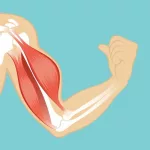




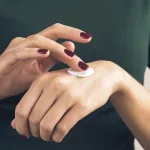

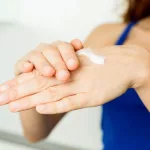
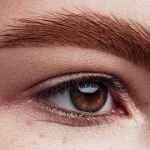
Leave a Reply
You must be logged in to post a comment.